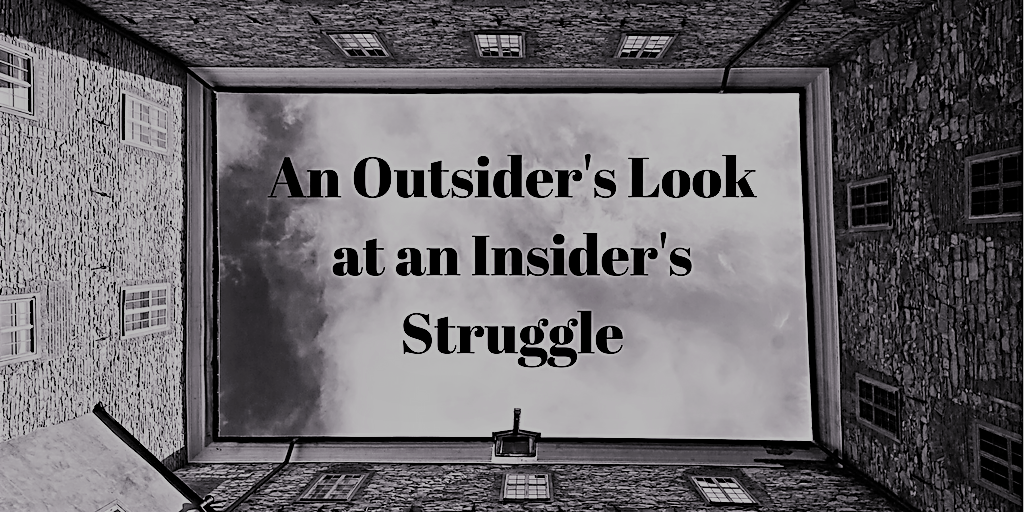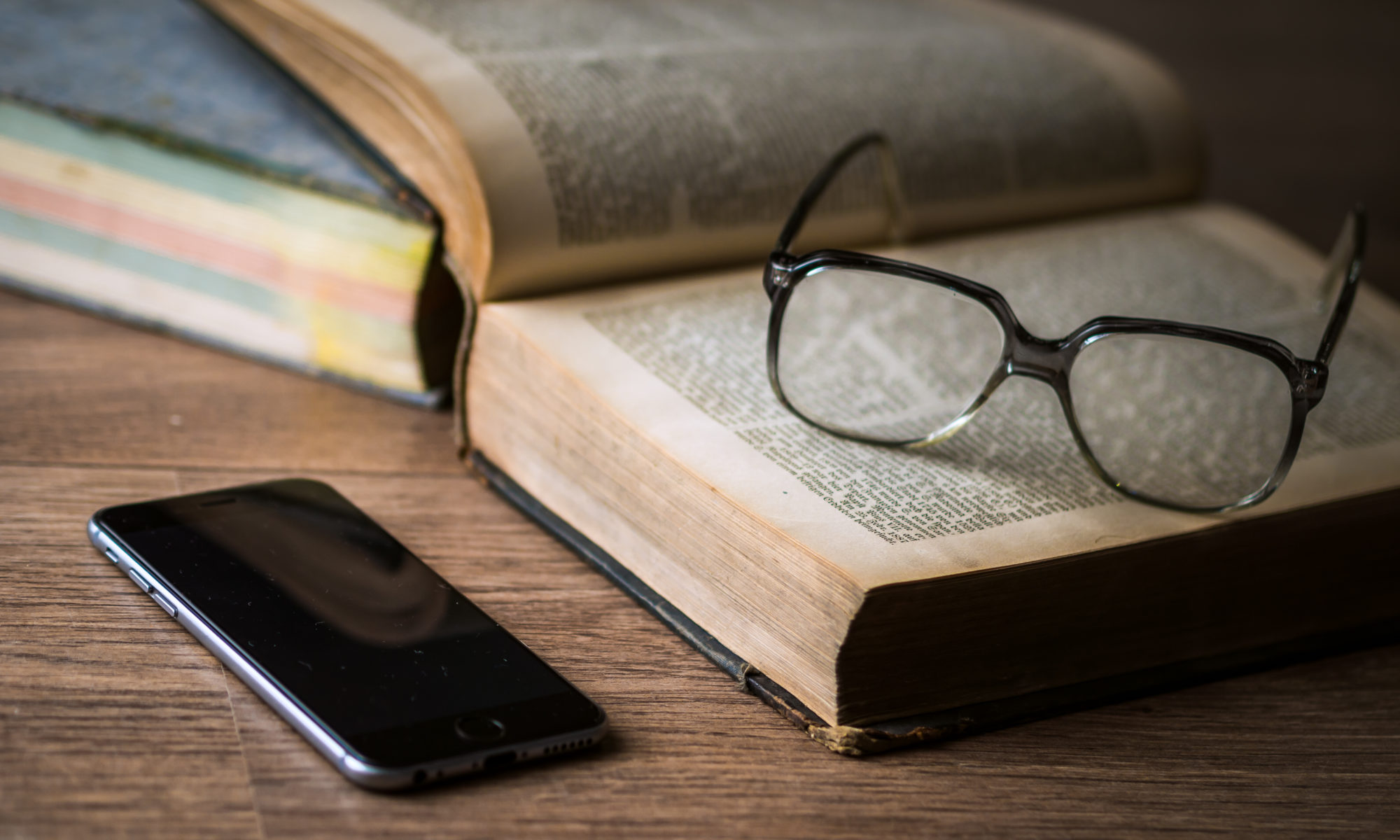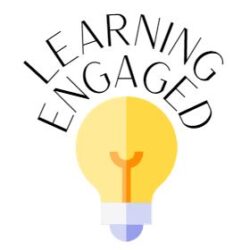[This post contains affiliate links.]

On August 14th, I watched a video on Facebook of protesters tearing down a statue of Robert E. Lee in Durham, North Carolina. The event was in response to a protest in Charlottesville, Virginia. I sat shocked, with tears in my eyes, as I watched the video, wondering how we could have gotten to this point.
Days following both the Charlottesville and Durham events were filled with many other protests, interviews, and responses to the horror that had ensued. I began to realize the sides of the story that were being told were not the ones that necessarily needed to be told. I understand the media shares what will give them ratings, but there were pieces missing to every story.
Amongst talks of further statue removal, bringing up past related issues, and “experts” talking about next steps, including The University of Texas secretly removing statues at night, many thoughts kept coming to mind. Through it all, I could not quite wrap my head around what was bothering me. It wasn’t until Charles Barkley was quoted as saying, “I’ve never thought about those statues a day in my life. I think if you ask most black people, to be honest, they ain’t thought a day in their life about those stupid statues.” He went on to say, “I am not going to waste my time worrying about these Confederate statues — that is wasted energy. You know what I am going to do? I am going to keep doing great things, I am going to try to keep trying to make a difference — No. 1, in the black community because I am black, but also going to try to do good things in the world…I am not going to waste my time screaming at a neo-Nazi who is going to hate me no matter what.”
While I have not always agreed with things Charles Barkley has said and done, his statements made me realize what I had not been able to fully understand before. So many of the people pulling down statues and being interviewed on the news were outsiders to the events. I recently read a book called “Whistling Vivaldi” by Claude Steele. In his book, Steele talks about insider and outsider perspectives. Specifically, people who are outside of the situation can never completely understand the perspective of those inside it, no matter what they do or how hard they try. This applies to race, as in the events described above, but to so many other life situations as well.
No one fully understands the joys and trials of a teacher but teachers.
No one can completely comprehend what it is like to parent a child than those who get to be a parent (in all of the varieties parenthood encompasses).
No one but those who have faced adversity can fully process what adversity feels like.
….And the list goes on and on.
I believe it is our responsibility as outsiders to try to understand the perspective of insiders but we should never assume we know what it is like to be an insider. As a teacher, I teach perspective taking to my students. As a conflict mediator, I teach others how to be open minded and look at things from others’ perspectives. Research shows that by looking at and trying to understand things from a different perspective, our empathy grows, as does our tolerance for others. As outsiders, we are often trying to do the right thing and stand up for what is right but to really understand the situation, we must ask insiders what they want and what they need.
Auschwitz concentration camp still stands because survivors (insiders) want us (outsiders) to always remember the horrible act so it will not be repeated. As outsiders, we may think it should be torn down and used in some way to deliver a message or prove a point but that is not the outsider’s place to decide.
I would argue the same goes for other symbols of history around our great nation. While often seen as a cliche, we really must learn from history so history does not repeat itself. I do not believe in tearing down every symbol standing representing the history of our country. You can find a negative side to almost every positive one. I do believe in learning from our mistakes, growing, and having discussions about how we can better our nation. This does not include violence, kicking fallen statues, or spitting on history. It does include open mindedness, honest discussions with insiders about what needs to be done, trust in our leaders, and prayer for our country. For me, I am trying to realize my outsider perspective and talk to insiders to better understand how I can help and learn. If we all try to learn from one another, seeing things from other’s perspectives, our country will continue to be great.


Amen! Understanding the opposition is crucial to everyone’s personal groath and development. Thank you for sharing this. Have a blessed one!